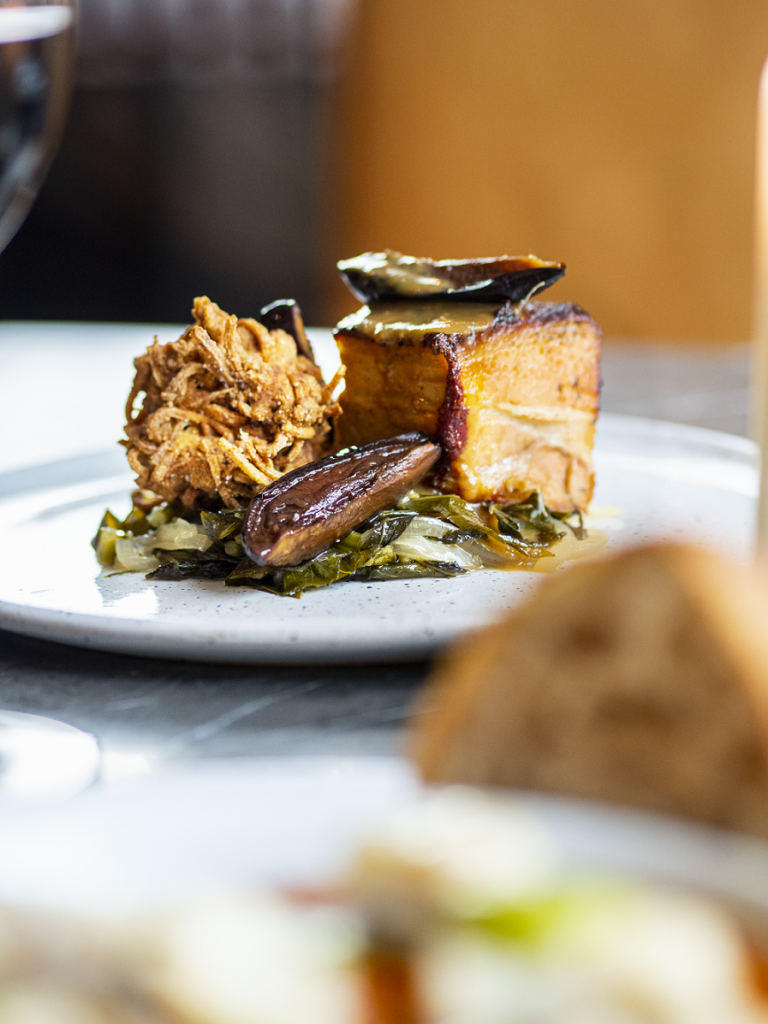Lots of us are looking for ways to live more sustainably. Not just on Earth Day but throughout the year. Big gestures, like solar heating and greywater systems, deserve recognition. But simple solutions for, say, eating sustainably, are especially welcome by folks who want to do their bit to fend off catastrophic climate change. Reducing food waste is a good place to start.
Farm-to-table dining
Chris Locke, executive chef of neighbourhood Marben restaurant in Toronto, has great tips on eating sustainably both at home and at restaurants. Unsurprising, since Locke (shown above) is known for his passion for using locally sourced ingredients, interest in seasonality, and skill in using fermentation and preservation where possible to lengthen food life and create complex, fascinating flavours.
Tips for eating sustainably
- Shop small: Leave the “just in case” purchases at the grocery store or market. Don’t be fooled by buying in bulk. Those quantity discounts don’t make it cheap if you have to throw half of it out.
- Save scraps: Save veg scraps, including garlic skins, carrot peelings, onion skins or celery bits, in a container in the freezer. When you have enough, make a tasty stock.
- Buy less, but better quality, meat: Eating sustainably means avoiding meat from intensive farming sources, which contribute enormous amounts of greenhouse gases into the atmosphere. As a general rule of thumb, the fewer hands between farm-to-table, the better raised your meats are going to be.
- Value climate over convenience: Items packed individually for our convenience leave the consumer with the responsibility of disposing of packaging. Opting for less packaging sends a message to food manufacturers that convenience doesn’t outweigh the health of the planet.
- Stop looking for cheap food: One way or another, says Locke, we pay for food—either in money, health effects, or climate change. He describes cheap food as a myth conjured up by corporations. We think we’re “eating for less” when the reality is that we are paying for it elsewhere.
- Choose restaurants thoughtfully: Look for restaurants who promote eating sustainably by sourcing locally. Check out platforms like FeastON, which vets and certifies restaurants using locally sourced ingredients. On average, FeastON certified restaurants carry 54 per cent Canadian products and ingredients on their menus. Think of it as Can Con that tastes good. Or at least a good place to start!
- Love your leftovers: Ever been to a restaurant and ordered too much because it all looks so good? Of course you have. Chances are it will be just as scrumptious tomorrow. Don’t be afraid to take your leftovers home. The chef will appreciate the compliment, and you’ll be reducing “plate waste.”








